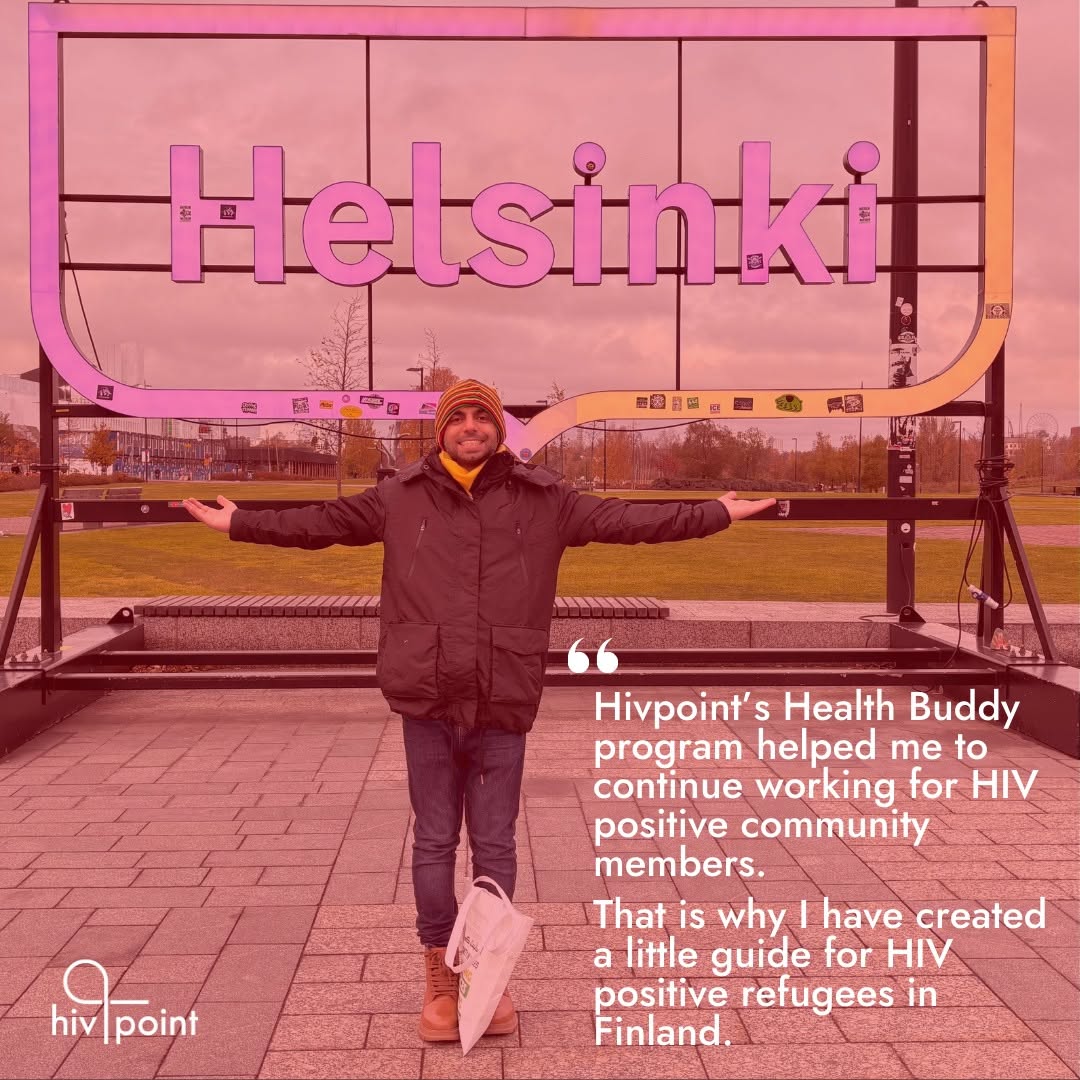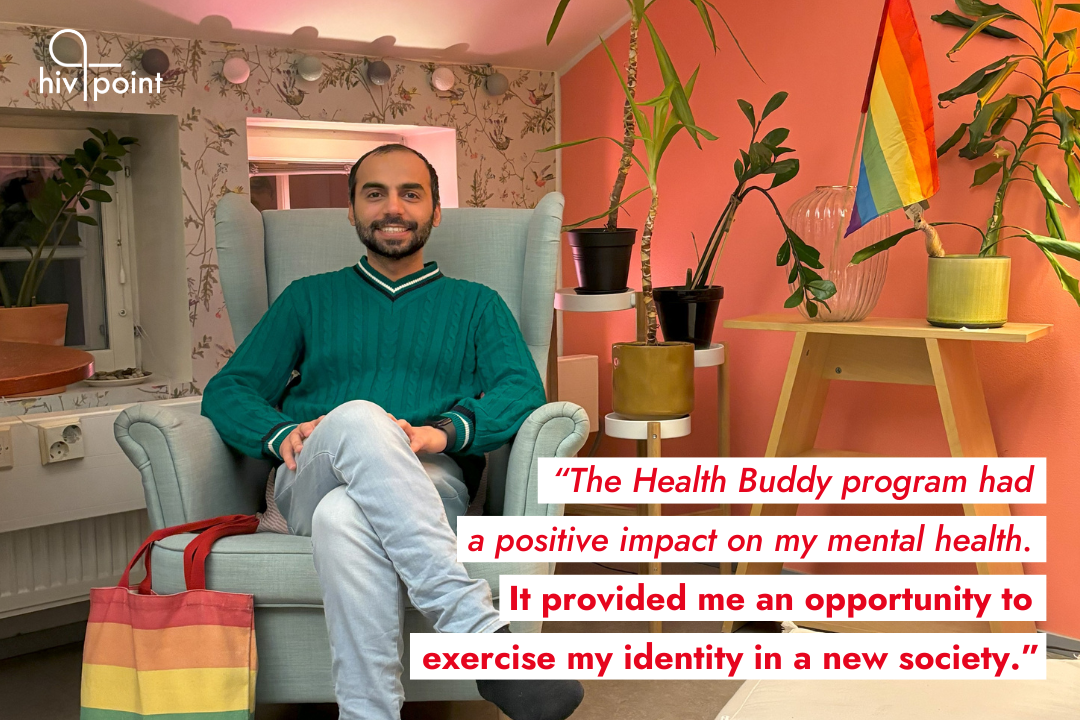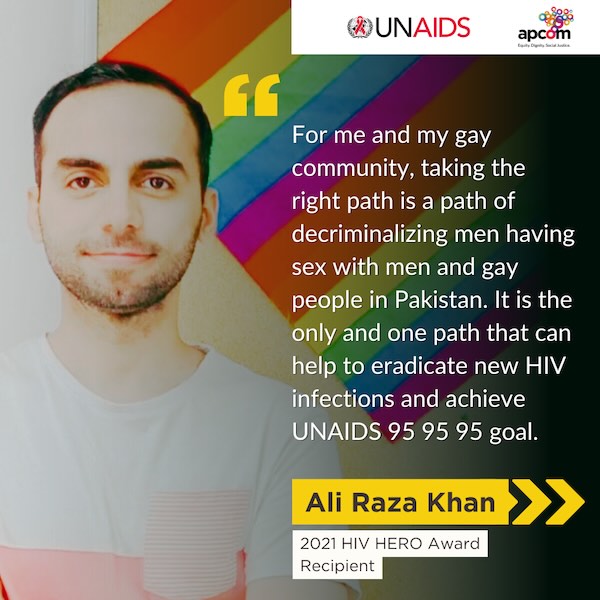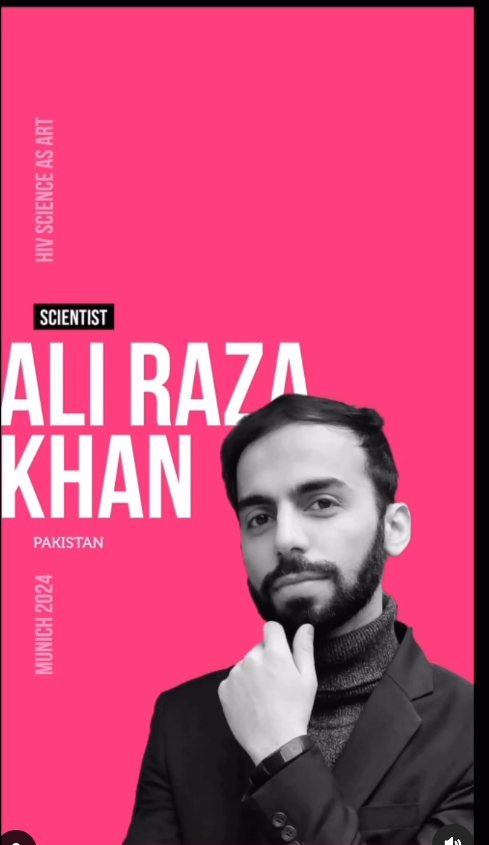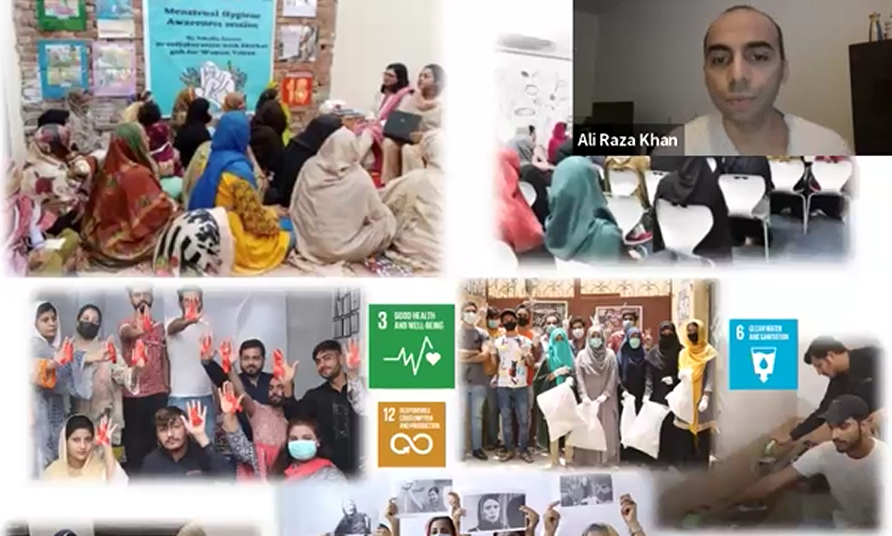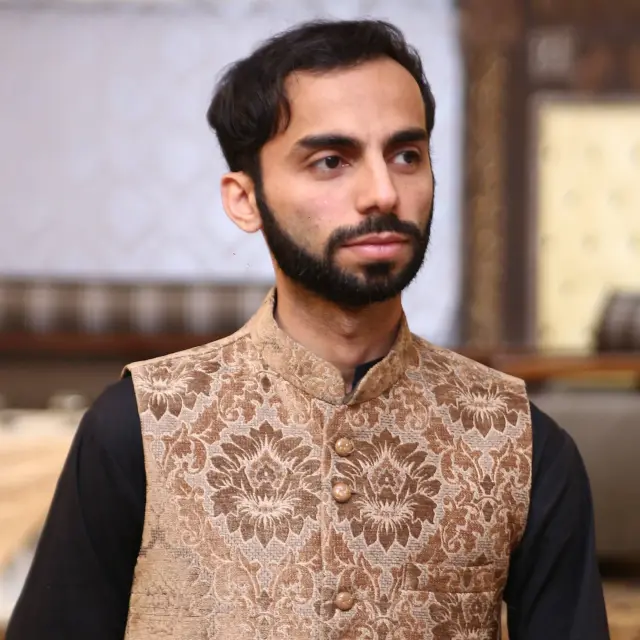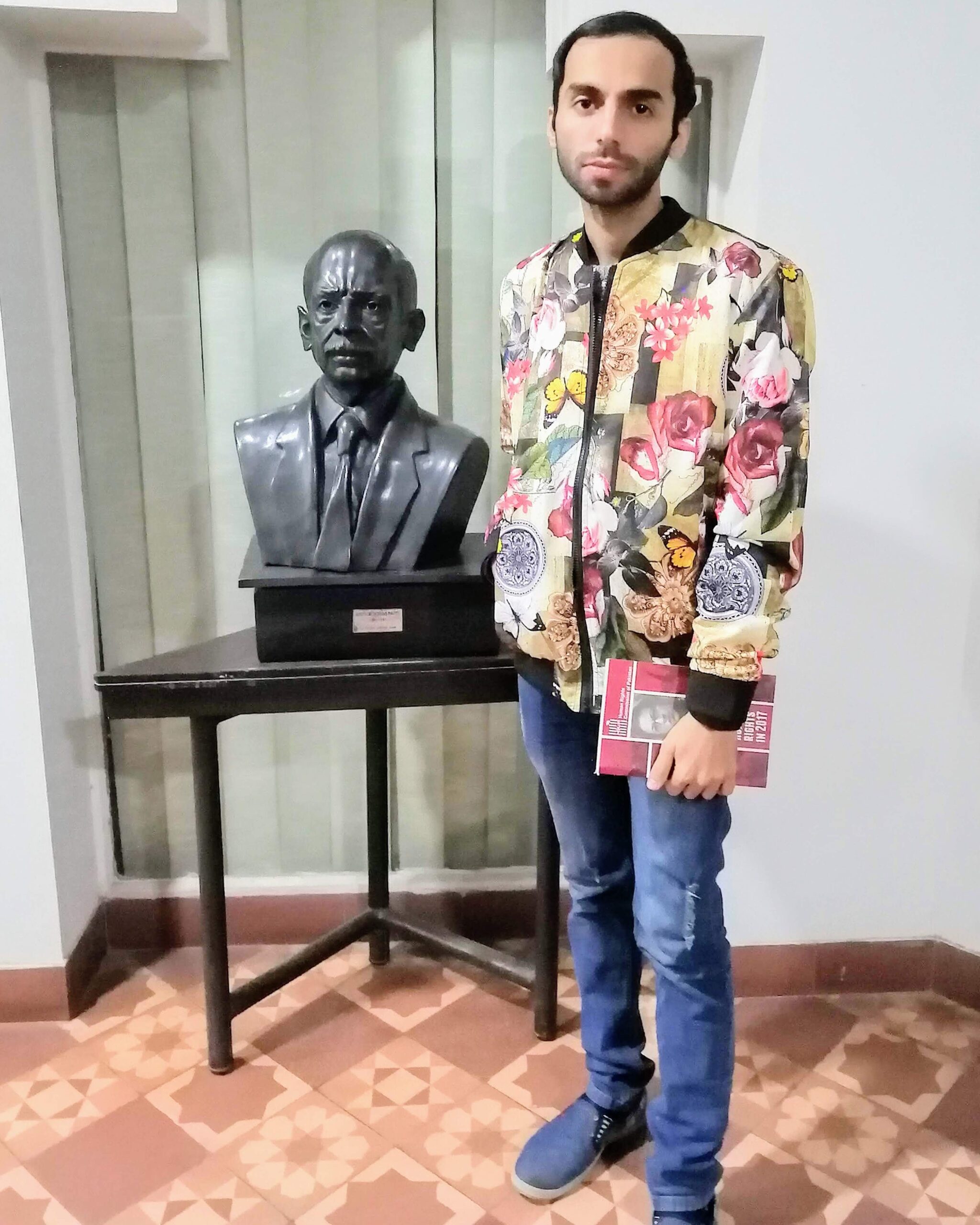Tag: HIV, AIDS , ARVS, PreP, STI
-
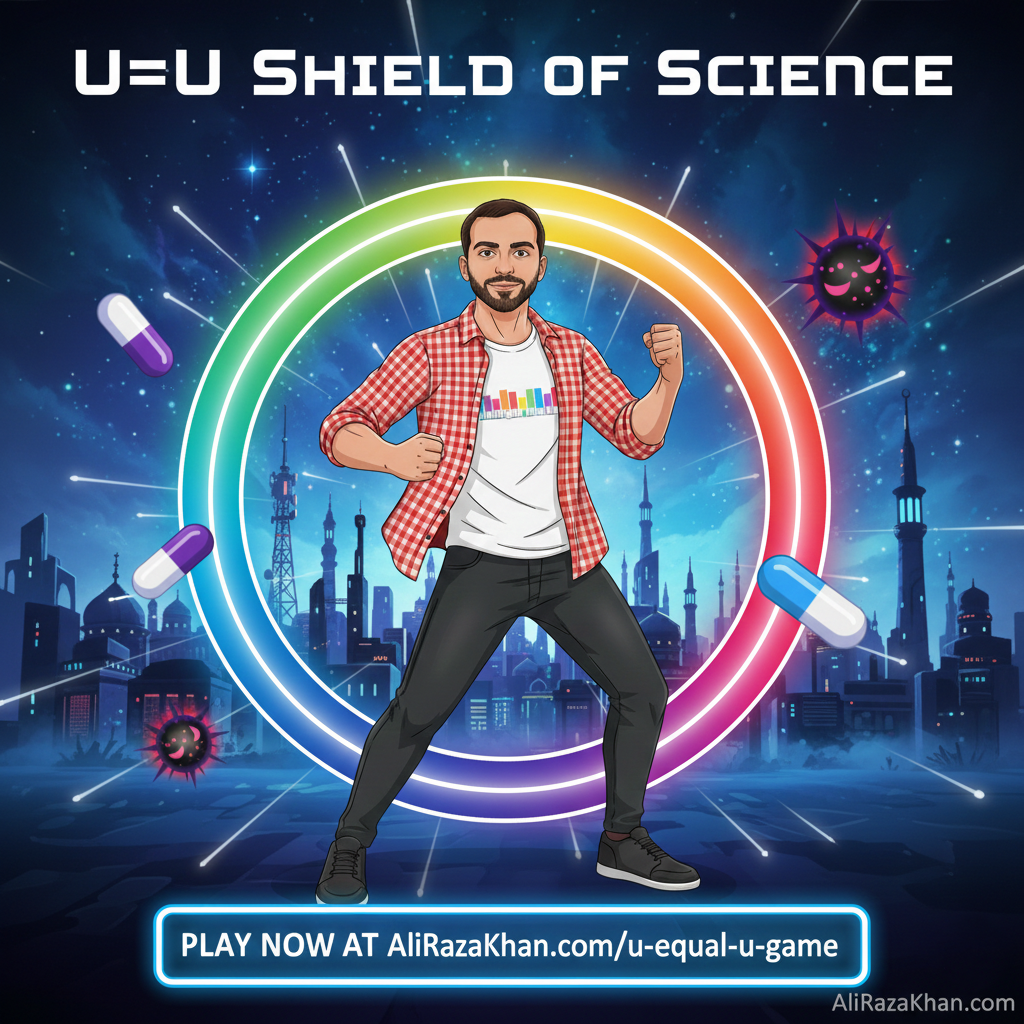
Play U=U Shield of Science: A New Interactive Artivism Experience by Ali Raza Khan
As a gay individual living with HIV and a dedicated activist in Pakistan, my work has always sat at the intersection of research, activism, and art. Today, I am proud to announce the latest piece of my digital “Artivism” portfolio: The U=U Shield of Science Game. In a country where HIV stigma is often fueled…
-
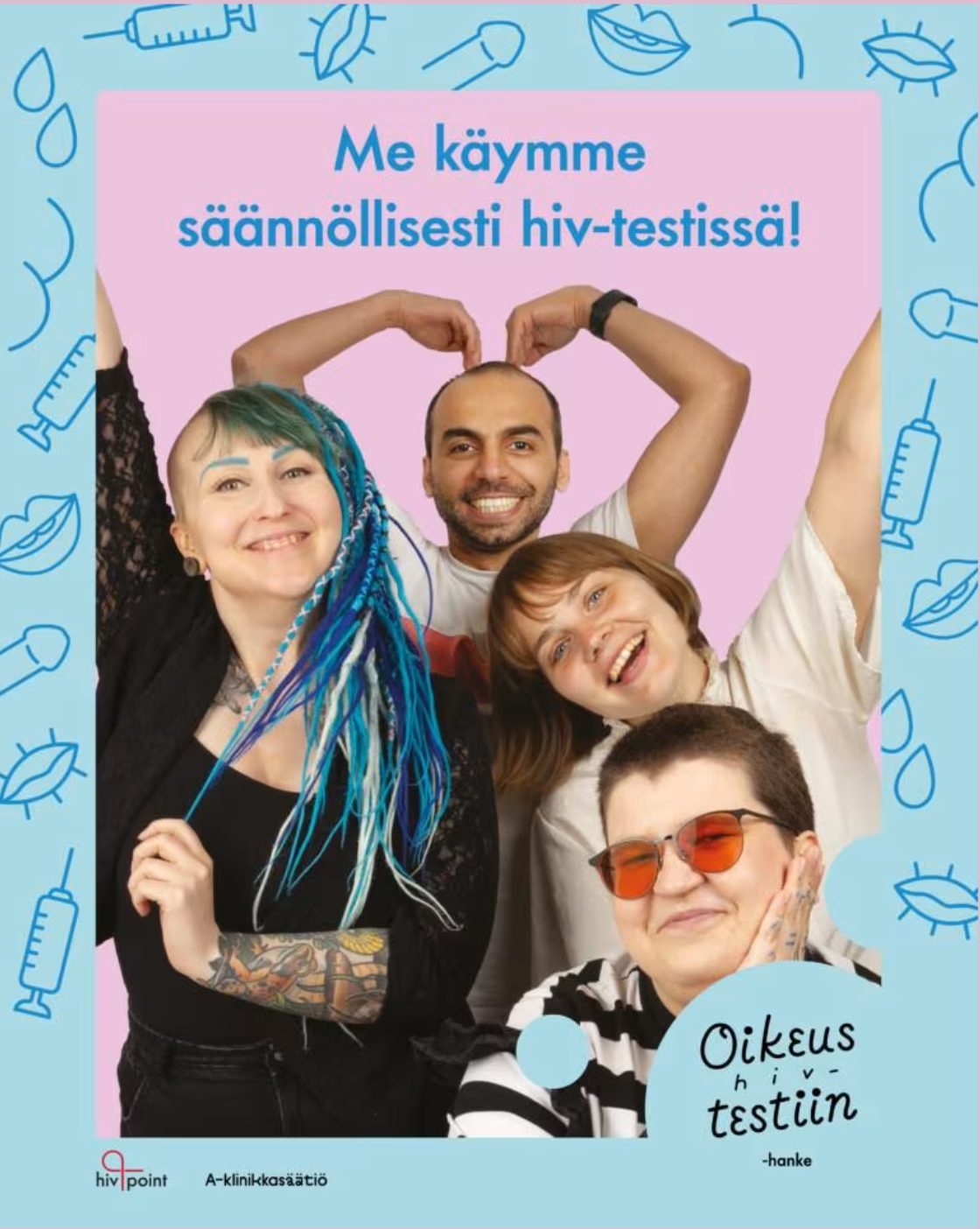
The European Testing Week aims to highlight the importance of early HIV testing and strives for more easily accessible HIV and STI testing services.
The European Testing Week aims to highlight the importance of early HIV testing and strives for more easily accessible HIV and STI testing services. Why should HIV and STI testing be promoted❔ 🩷 Early detection promotes well-being. By enhancing testing, infections can be treated, chains of transmission can be broken, and people’s sexual well-being can…
-
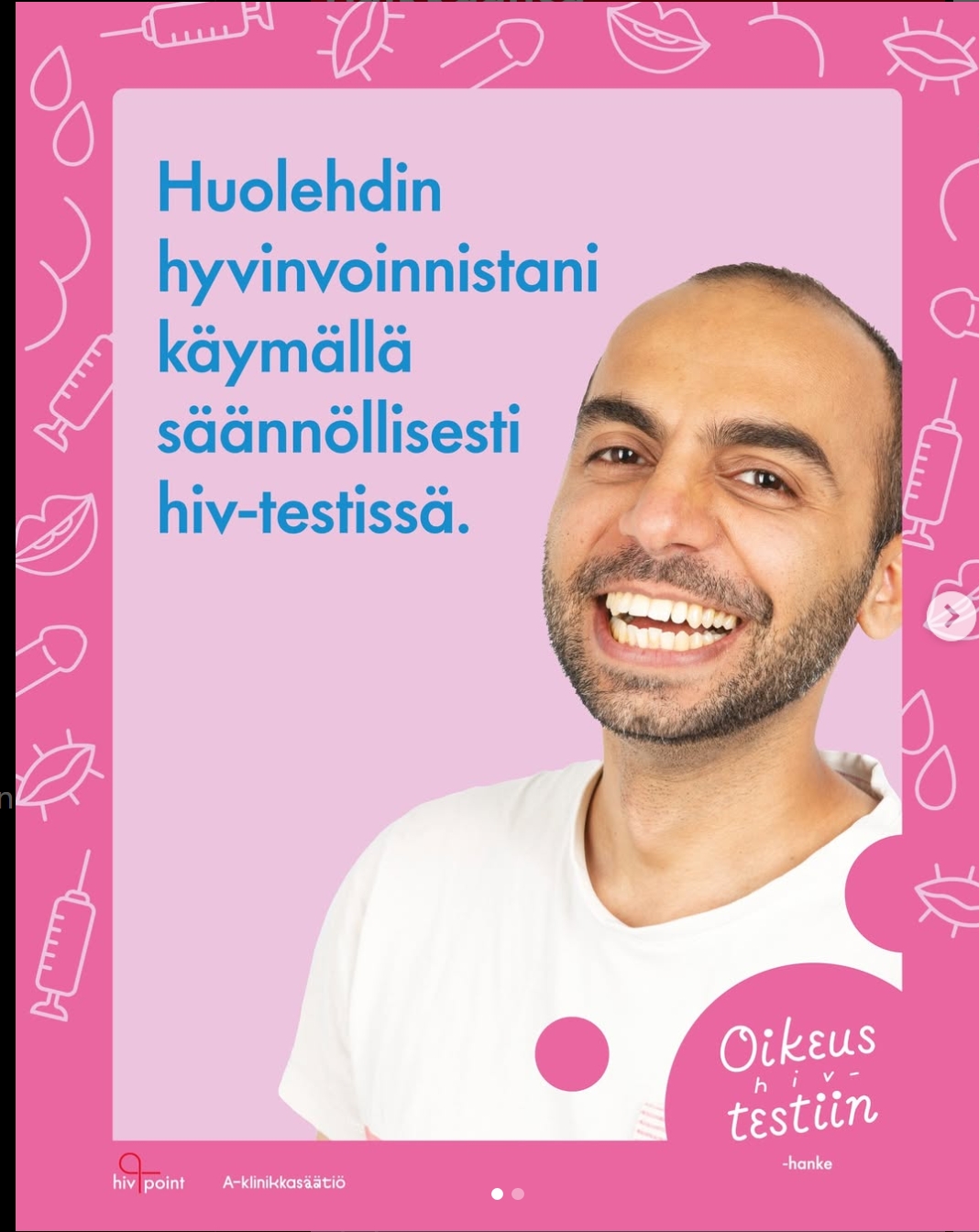
Eurooppalaisella testausviikolla halutaan muistuttaa varhaisen hiv-testauksen merkityksestä ja tähdätään helpommin saavutettaviin hiv- ja seksitautitestauspalveluihin
Eurooppalaisella testausviikolla halutaan muistuttaa varhaisen hiv-testauksen merkityksestä ja tähdätään helpommin saavutettaviin hiv- ja seksitautitestauspalveluihin Miksi hiv- ja seksitautitestausta pitäisi edistää❔ 🩷 Varhainen toteaminen edistää hyvinvointia.Testausta tehostamalla saadaan tartunnat hoidettua, tartuntaketjut katkaistua ja edistetään ihmisten seksuaalista hyvinvointia.Hiv ja hepatiitit (B ja C) voivat olla oireettomia pitkään ja hoitamattomina vaurioittaa elimistön toimintoja. Hiviin on olemassa lääkehoito, jonka…
-
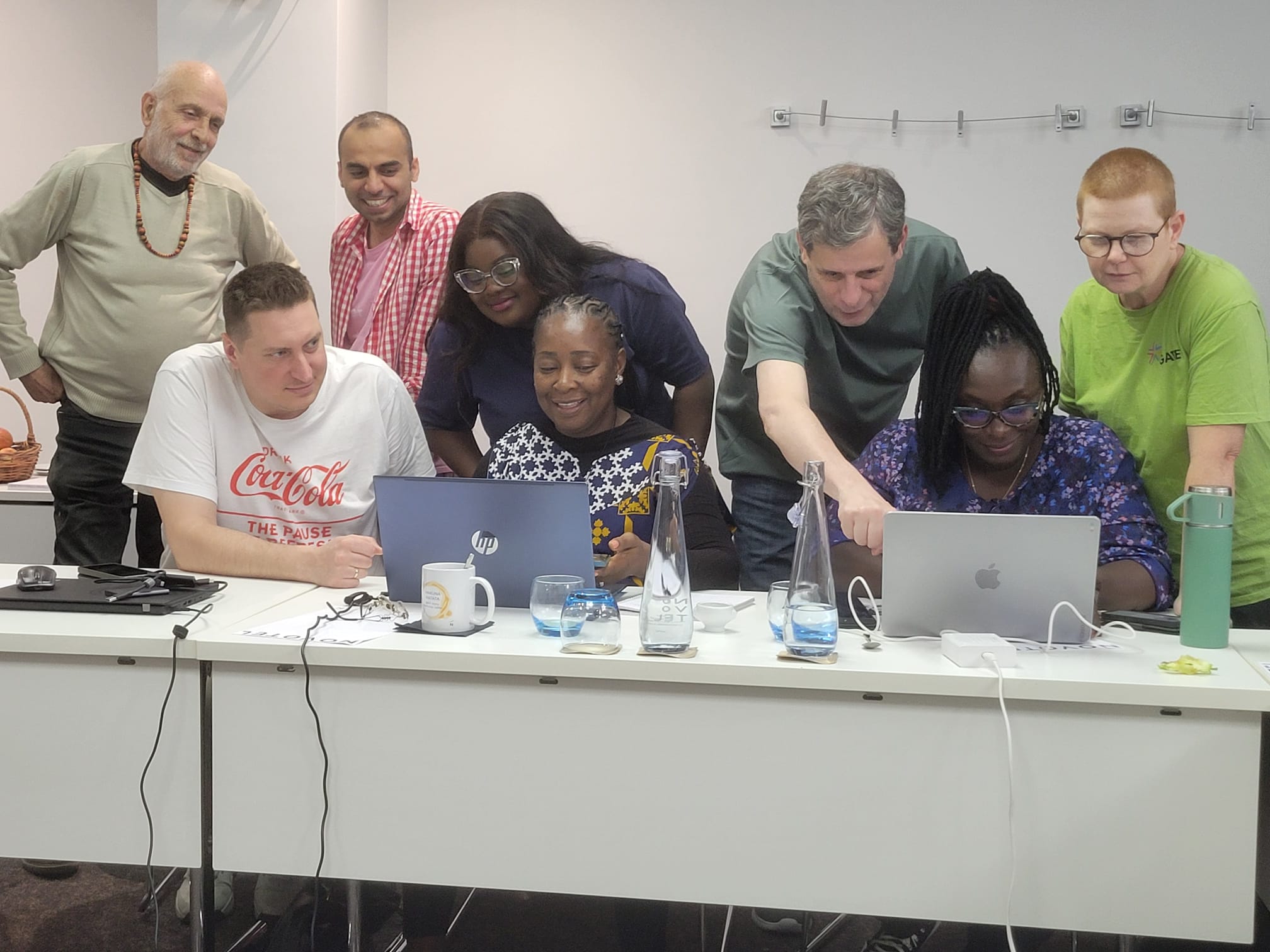
Communities Delegation Meets ahead of 53rd Global Fund Board Meeting
Held in Geneva I participated in the Communities Delegation preparation meeting as member of the delegation ahead of the 53rd global fund board meeting. The importance of meeting is significance after the pull out of US from major global entities they were funding. This brings the The Global Fund for HIV TB and Malaria programs…
-

Global AIDS Strategy and Digital Health innovations Including Artificial Intelligence : An Interview with UNAIDS Consultant
Digital technology is in many ways a new frontier that is increasingly part of our everyday lives making the perspectives, experiences and lessons learned from key population communities and civil society even more crucial to ground and inform this report. As a leading expert at the global, regional and national level, I was invited by…
-
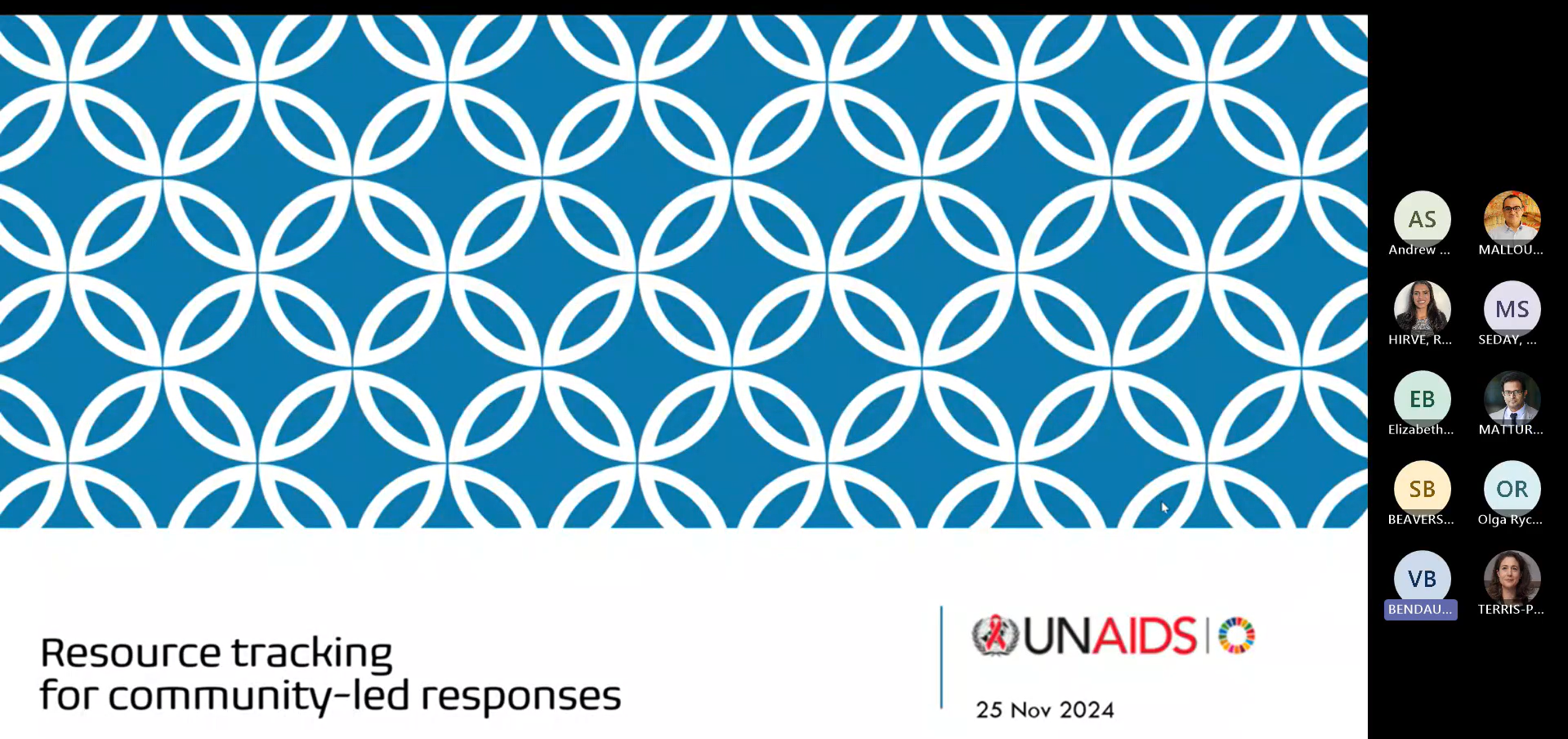
Ali Raza Khan Member UNAIDS Advisory Group on Monitoring the 30-80-60 Participated in Financial Data meeting
Exploring Financial Data as a Proxy for Monitoring Community-Led HIV Response This discussion focuses on the use of financial data to monitor the effectiveness of community-led HIV response efforts, specifically in relation to the 30-18-60 targets. The conversation builds upon a previous discussion in March, where Deepak presented initial findings on using financing data for…


